LAHORE: Participants in a national conference called for urgent and comprehensive reforms in the education sector to ensure the right to quality education for all.
Centre for Social Justice (CSJ) and Peoples Commission for Minorities Rights (PCMR) organised a conference on “Implementing the constitutional promise of the right to education for all (Article 25-A)”, wherein independent education policy experts, and political parties’ representatives agreed on introducing reforms for more inclusive and equitable quality education.
CSJ Peter Jacob said the civil society organisations will continue to remind governments about their responsibility to ensure free and compulsory education to all children without any discrimination.
Dr AH Nayyar said the national education policies were long wish lists, whose recommendations remained unsupported by their financial requirements.
‘Time to institute serious accountability to correct the course’
He said the current downward spiral of the quality of public education is deemed to have been a direct outcome of these empty wishes.
He said those policy steps that were implemented have proven detrimental to quality education at all levels.
He said the time has come to institute serious accountability in the education sector and to correct the course before it is too late.
PPP’s Barrister Aamir Hassan said different education systems in Pakistan create a distinction between rich and poor due to the medium of instruction and language of communication which contributes to developing a cadre of inferior and superior classes.
He said the electorate must press political parties to develop an inclusive education system that promotes diversity and tolerance among different faiths.
He observed that the nationalisation of missionary schools was counterproductive to quality education.
PML-N’s Bushra Anjum Butt said a single national curriculum is impractical as there is a disparity of facilities and resources among different kinds of schools. “Lack of trained teachers and dropout of children are other issues.”
PML-N’s Sultan Ali Ranjha said his party is determined to make realistic promises in the election manifesto and undertake positive actions to fulfill pledges that contribute to quality education.
Advocate Saqib Jillani said the government has been violating order no: 2 of the Jillani judgment (SMC 1 of 2014, etc.) and Article 22(1) of the constitution because school curriculum and textbooks of compulsory subjects like Urdu, English and Social Studies carry substantial content relating to the religious instruction of majority religion, compelling non-Muslim students to learn Islamiyat in all courses.
Dr Riaz Ahmed Shaikh said the higher education sector has drastically failed in knowledge creation aligning with societal needs, and in fostering critical minds who can understand the real issues of this country, and introduce innovative solutions to address the crisis in Pakistan. The higher education sector in Pakistan needs a comprehensive overhaul.
Taimur Bandey said school education can only be improved with the active involvement of educationists. “We need to completely revamp our outdated system over time and systematically bring in students and parents as stakeholders in the decision-making processes,” he said.
Dr Sara Rizvi Jafree said girls face multiple barriers to accessing and pursuing education, including a shortage of schools, low-quality schools and teaching, and distant locations.She said effective measures need to be taken to address both quality and supply and demand-side issues and remove cultural barriers.
Saima Anwer said public-private partnerships, alternatives to formal schooling, second-shift schooling and transport, technical vocational skills, 21st-century skills, and targeted social protection programmes are essential components that complement conventional approaches to expanding access to education.
Faaria Khan said the curriculum endorses otherization, a phenomenon which is further dividing the Pakistan society into silos.
She said despite the reduction of hate material, there is an extensive presence of religious content in textbooks which is unfavourable to many in the country.
She said it is important to consider inclusive reforms in the curriculum to ensure the protection of the right to religious freedom for all children in any classroom.
Published in Dawn, December 3rd, 2023














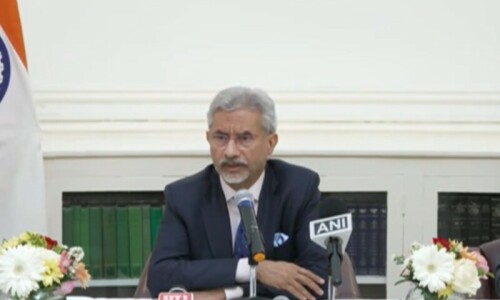






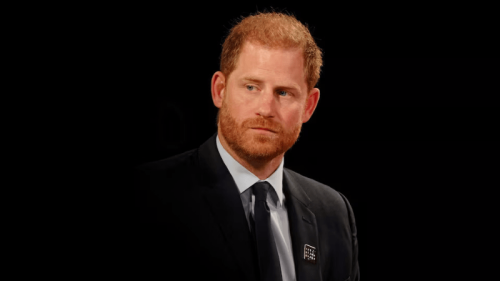

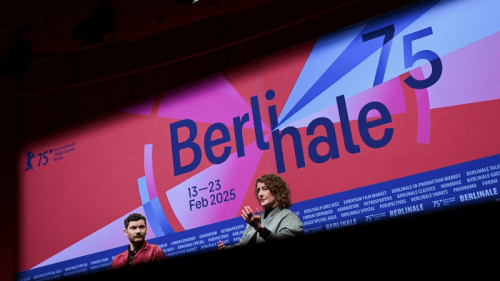








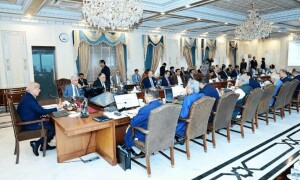

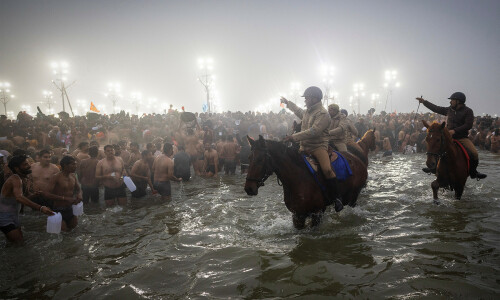











Dear visitor, the comments section is undergoing an overhaul and will return soon.